- 20
- 12月
8 at a time block machine
Our block making machines are reliable and efficient machines used to produce different types of concrete blocks like Grass pavers, solid blocks, interlocking blocks and paver blocks. They are suitable for both large and small-scale production, are versatile and cost-effective.
These machines are designed with advanced technology and components to ensure high quality and precise results. They are also easy to operate, maintain and have a long life, saving time and money in the long run.
Equipped with a powerful motor and hydraulic system, the Block Machine is capable of producing up to 8088 bricks per hour. It also features an automatic feeding system, allowing for continuous production without any interruptions. The machine has a PLC control system that ensures precise and accurate production, while also making it user-friendly and easy to operate.
8 at a time block machine is a type of equipment used for producing concrete blocks in various shapes and sizes. There are different models of 8 at a time block machines available in the market, each with its own unique features and capabilities.
QT6-15 Block Making Machine, which is designed for high production and efficiency. This machine is equipped with a large capacity pallet, allowing it to produce six blocks in one cycle. It also has a high pressure hydraulic system, ensuring strong and stable block compression. The QT6-15 is designed with advanced nozzle and mold vibration technology, resulting in precise and high-quality block production.
QT5-15 Concrete Block Molding Machine, which is suitable for producing various types of concrete blocks, including hollow, solid, and interlocking blocks. It has a powerful vibration system and a multi-source vibration of 360 degrees, which ensures uniform and strong block density. The machine also has a high-speed hydraulic system, allowing for quick and efficient block production.
Both models mentioned above have automatic control systems with PLC and touch screen interface, making it easy to operate and adjust the machine settings. They also have customizable features, such as different molds and block sizes, to cater to various construction needs.
In terms of parameters, the QT6-15 has a production capacity of 8640-11520 blocks per shift, while the QT5-15 can produce 7680-10240 blocks per shift. Both models have a power rating of 27.5 kW and require a voltage of 380V. They also have a weight of approximately 14-15 tons and a compact design for ease of transportation and installation.
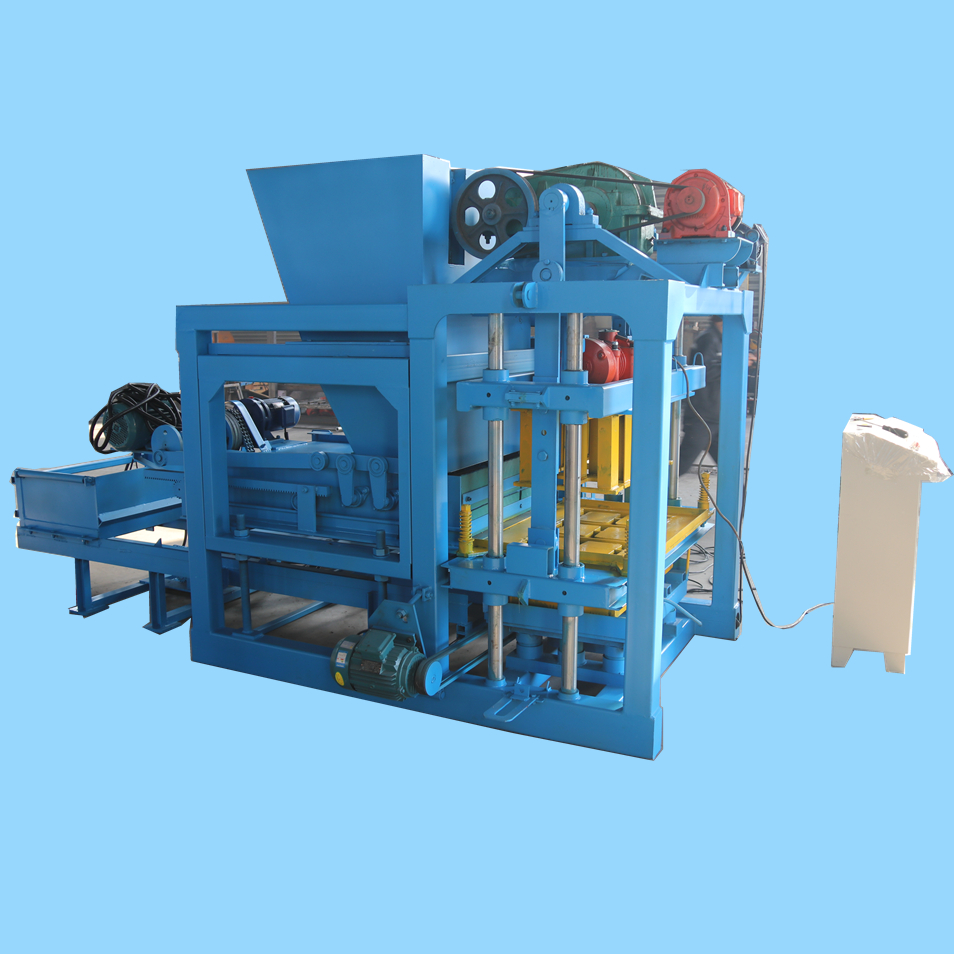
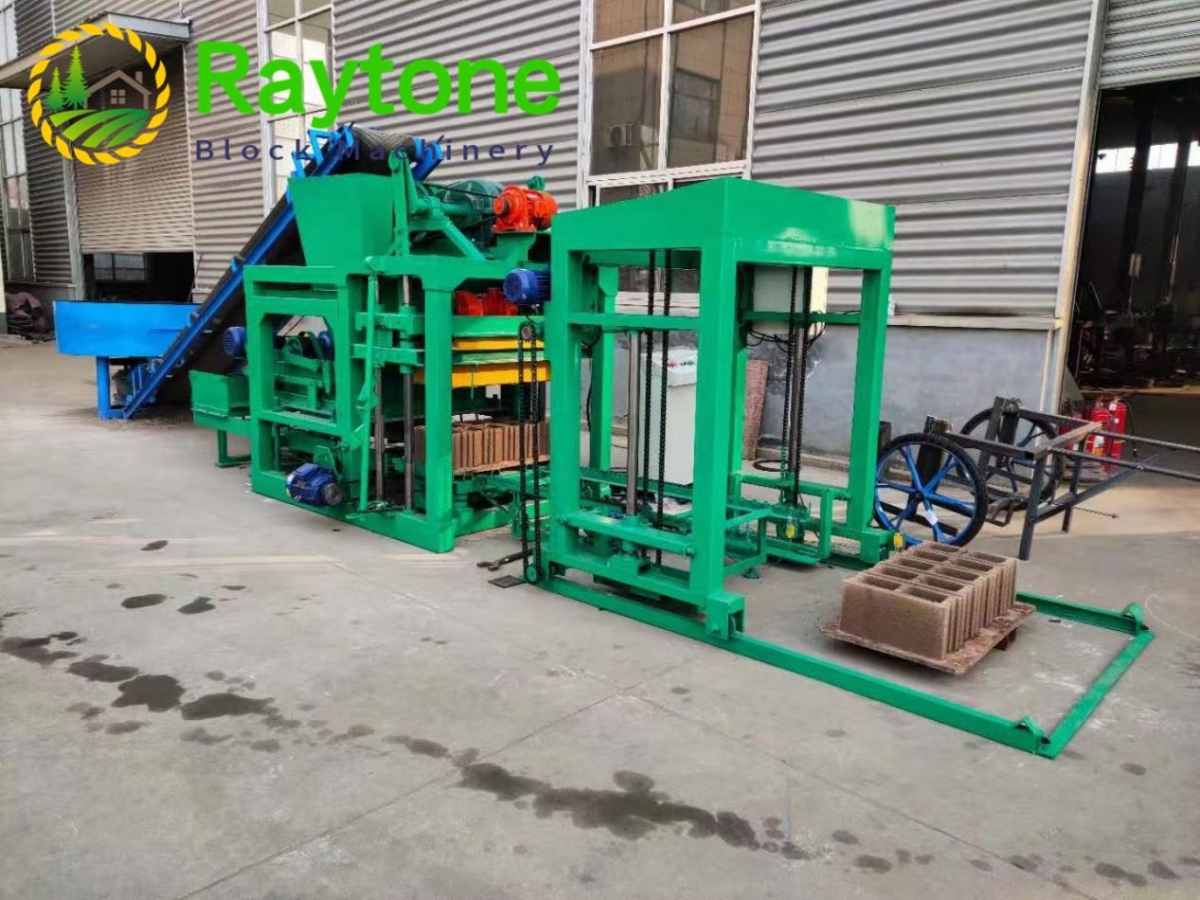
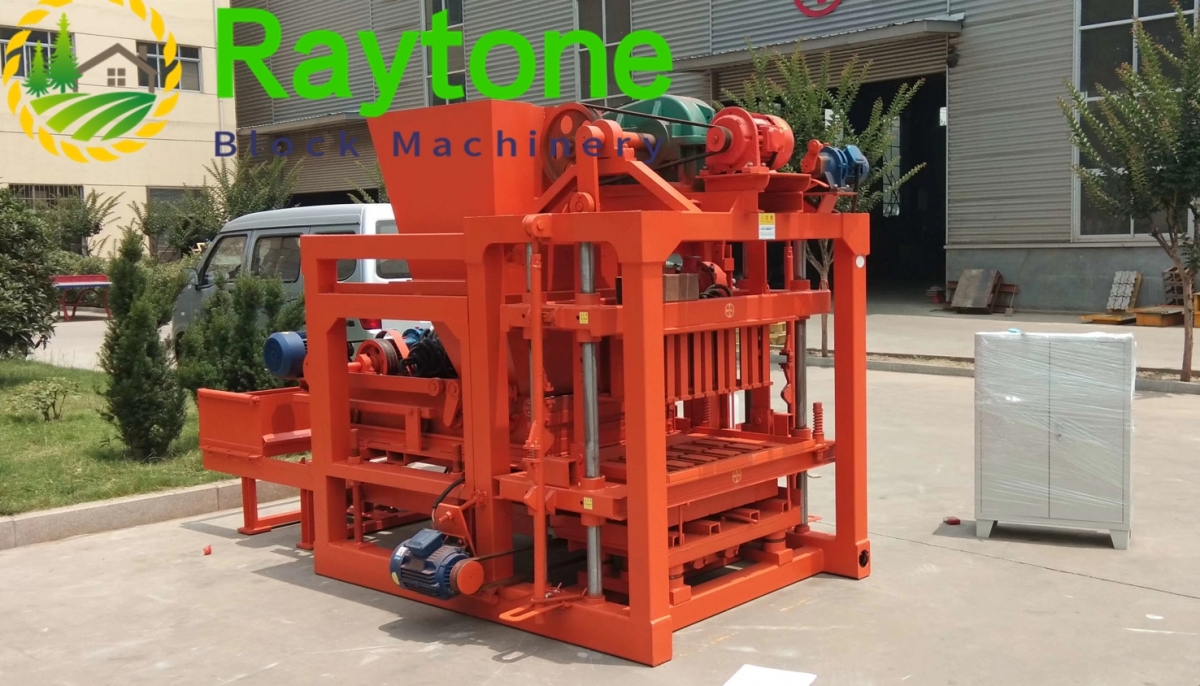
| (1) | Dimension of host machine | 2710*2000*2000mm | (6) | labour | 4 workers |
| (2) | Weight of the host machine | 3.2T | (7) | Voltage | customized |
| (3) | Moulding period | 25-28 | (8) | Total required machine power | 26.5 KW |
| (4) | pallet size | 850*550*20mm | (9) | Diesel Generator capacity | 38.66KVA |
| (5) | Vibration force | 55KN | (10) | workshop area | 301 m2 |
The Environmental Benefits of Block Machine Designs
8 at a time block machine FAQs Guide.
The Block machine is an innovative and advanced piece of equipment that is designed to streamline the process of creating high-quality concrete blocks. With its state-of-the-art technology and precise engineering, our Block machine offers superior performance and efficiency for any construction project. It is a versatile and reliable tool that can produce a wide range of block sizes and shapes, making it perfect for various applications, including residential and commercial buildings, road and sidewalk construction, and more. Combined with its durability and ease of use, our Block machine is the ideal solution for your block-making needs. Join the countless satisfied customers who have experienced the benefits of our Block machine and take your construction projects to the next level.
2.Are there pre-programmed block designs available for a 8 at a time block machine?
3.About 8 at a time block machine payment method
4.Can a 8 at a time block machine be operated manually or automatically?
5.About 8 at a time block machine customization services
6.What is the expected return on investment for a 8 at a time block machine?
7.How does the cost of a 8 at a time block machine compare to traditional building materials?
8.Can a 8 at a time block machine produce blocks with varying levels of compressive strength?
9.How does a 8 at a time block machine deal with unwanted air pockets in the blocks?
10.About the scale of 8 at a time block machine factory
11.About 8 at a time block machine warranty
12.Does a 8 at a time block machine require specialized training to operate?
13.Is there a specific curing process for blocks produced by a 8 at a time block machine?
1.What is a 8 at a time block machine?
We adhere to the principle of quality first and have a complete production quality management system and quality inspection process.
A block machine is a machine used to produce concrete blocks, which are used in the construction of walls, foundations, and other structures. The machine typically consists of a hopper, a conveyor belt, a mold, and a vibration table. The hopper is used to feed the concrete mix into the machine, the conveyor belt transports the mix to the mold, and the vibration table vibrates the mix to ensure a uniform block.
2.Are there pre-programmed block designs available for a 8 at a time block machine?
We operate our 8 at a time block machine business with integrity and honesty.
Yes, some block machines come with pre-programmed block designs. However, many block machines also allow users to create their own custom designs.
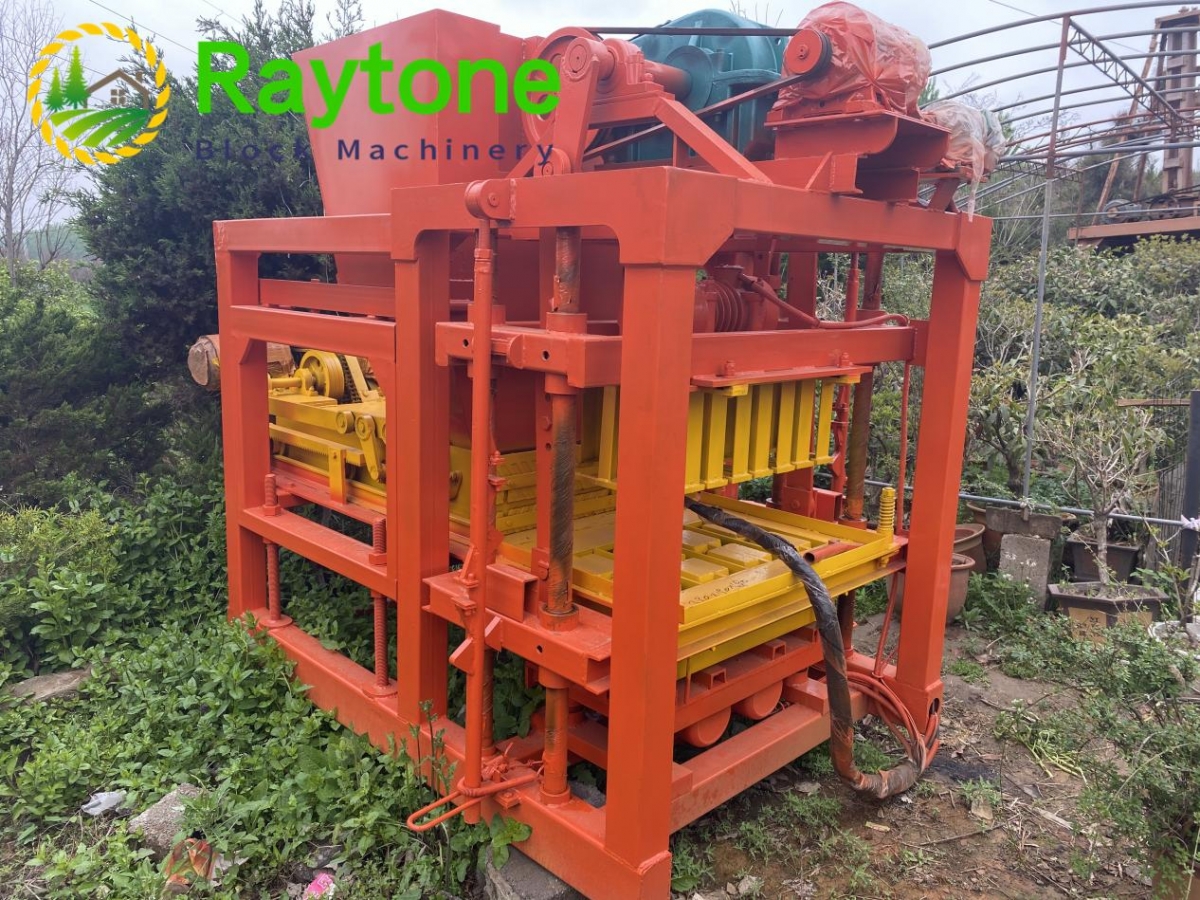
3.About 8 at a time block machine payment method
Block machine payment methods vary depending on the manufacturer and the type of machine. Some common payment methods include cash, credit cards, PayPal, wire transfers, and cryptocurrency. Some manufacturers may also offer financing options or leasing options.
4.Can a 8 at a time block machine be operated manually or automatically?
As one of the 8 at a time block machine market leaders, we are known for innovation and reliability.
Yes, a block machine can be operated manually or automatically. Manual operation requires an operator to manually feed the material into the machine and manually remove the finished product. Automatic operation requires the machine to be programmed to automatically feed the material and remove the finished product.
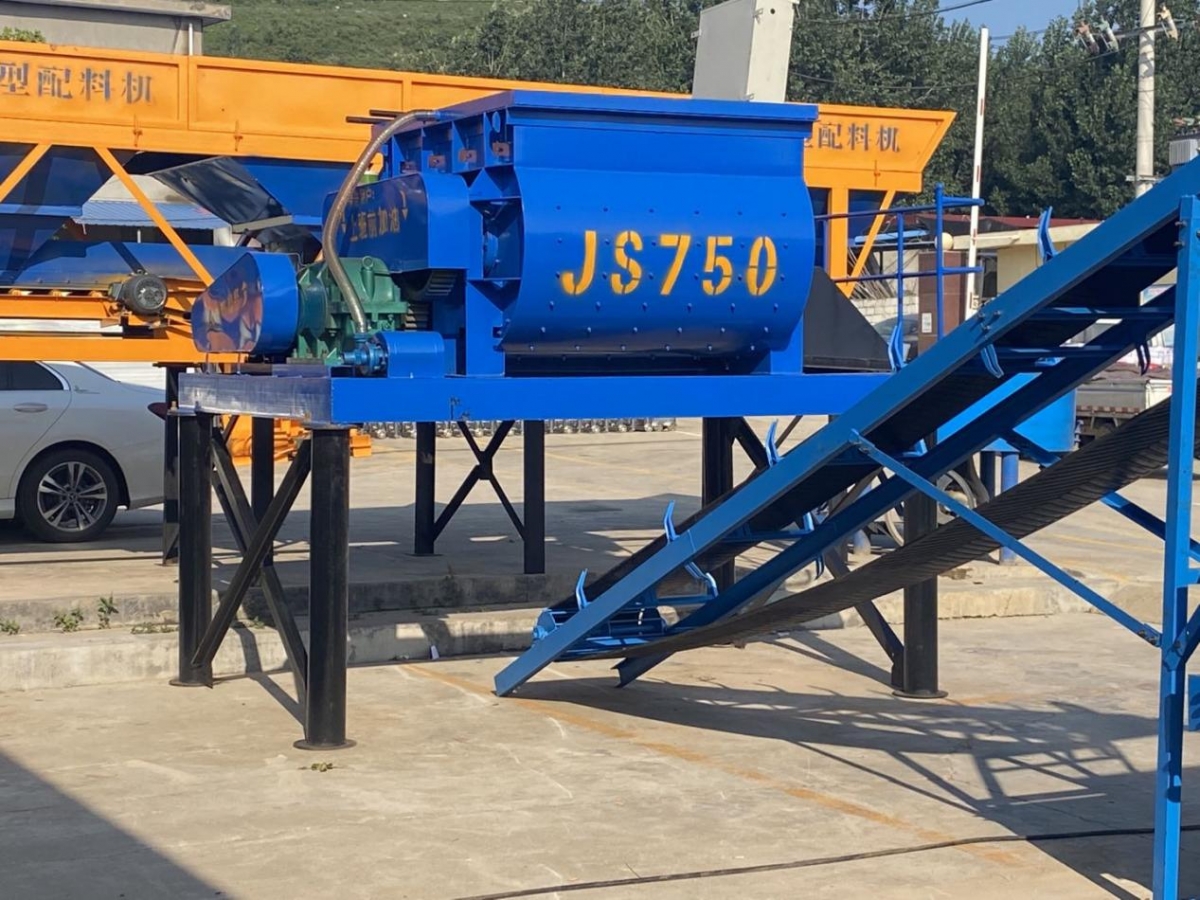
5.About 8 at a time block machine customization services
Block machine customization services are designed to help businesses create custom-made block machines that are tailored to their specific needs. These services can include the design and engineering of the machine, the fabrication of the components, and the installation and maintenance of the machine. The customization services can also include the development of software and hardware to control the machine, as well as the integration of the machine into existing production lines. The customization services can also include the development of custom-made parts and components for the machine, as well as the development of custom-made tools and fixtures for the machine.
6.What is the expected return on investment for a 8 at a time block machine?
The expected return on investment for a block machine can vary greatly depending on the type of machine, the size of the project, and the market conditions. Generally, block machines can have a return on investment of anywhere from 10-30%, with some machines having returns as high as 50%.
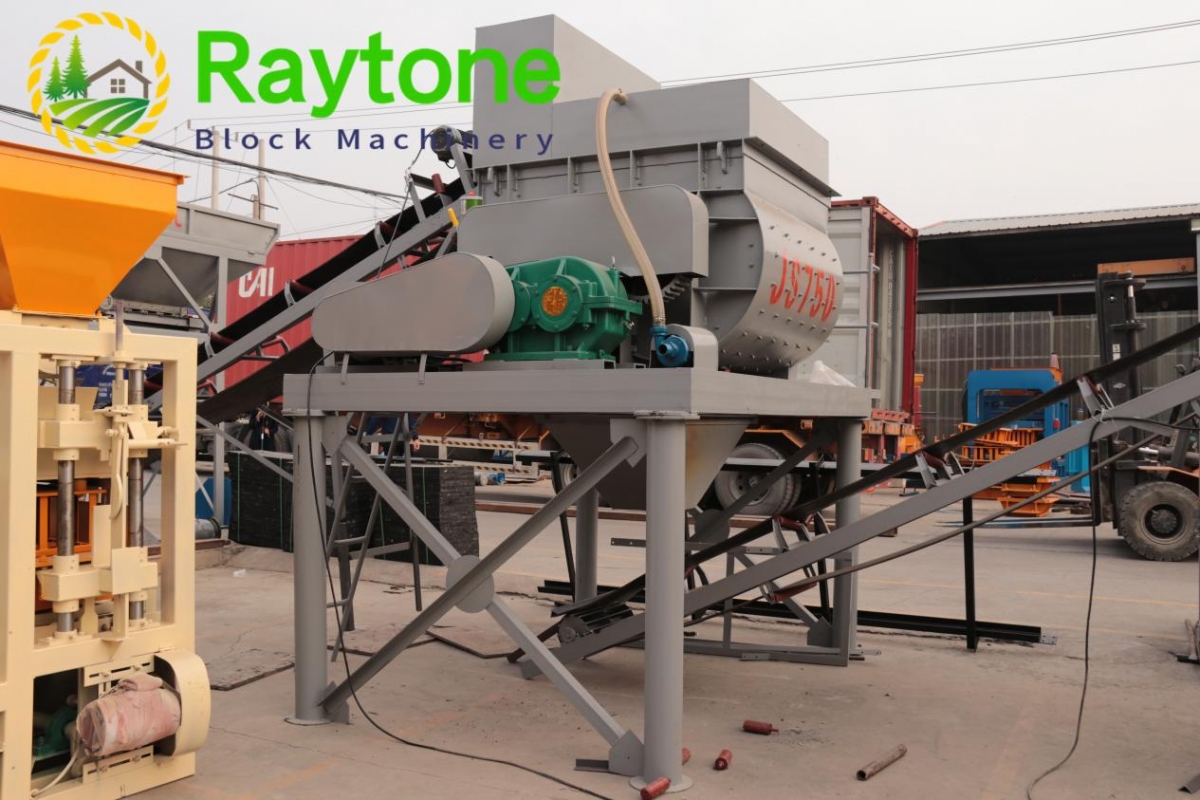
7.How does the cost of a 8 at a time block machine compare to traditional building materials?
We focus on our customers’ needs and strive to meet their expectations, so we take this very seriously.
The cost of a block machine is typically much higher than traditional building materials. Block machines are typically used to produce large quantities of blocks, which can be expensive to purchase in bulk. Additionally, block machines require specialized equipment and expertise to operate, which can add to the cost.
8.Can a 8 at a time block machine produce blocks with varying levels of compressive strength?
Yes, a block machine can produce blocks with varying levels of compressive strength. This is done by adjusting the amount of pressure applied to the blocks during the manufacturing process. The amount of pressure applied can be adjusted to produce blocks with different levels of compressive strength.
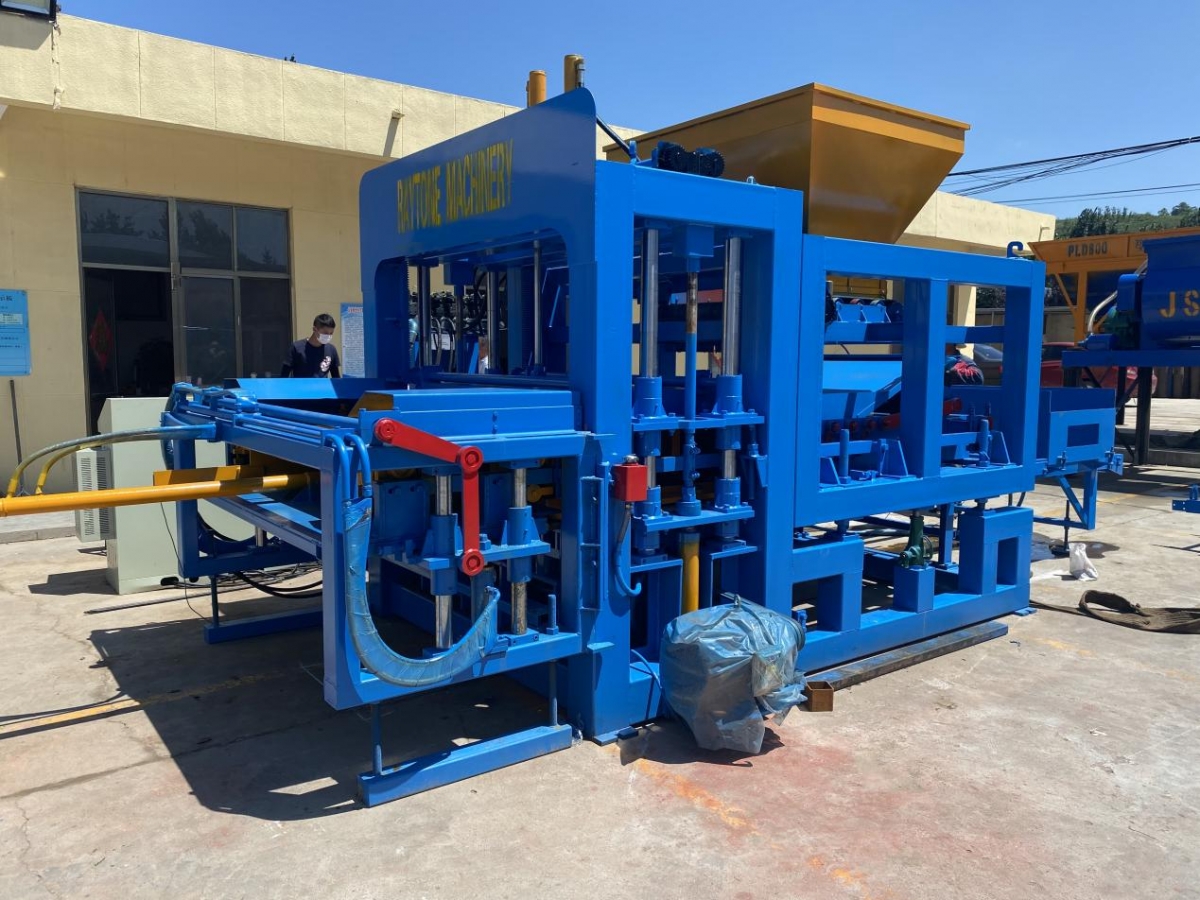
9.How does a 8 at a time block machine deal with unwanted air pockets in the blocks?
A block machine typically has a vibration system that helps to remove any unwanted air pockets in the blocks. The vibration system helps to compact the material and fill any voids that may be present. The vibration system also helps to ensure that the blocks are of a consistent density and strength.
10.About the scale of 8 at a time block machine factory
The scale of a block machine factory can vary greatly depending on the type of block machine being produced. Some factories may only produce a few machines, while others may produce hundreds or even thousands of machines. The size of the factory will also depend on the size of the blocks being produced, as well as the number of machines needed to produce them.
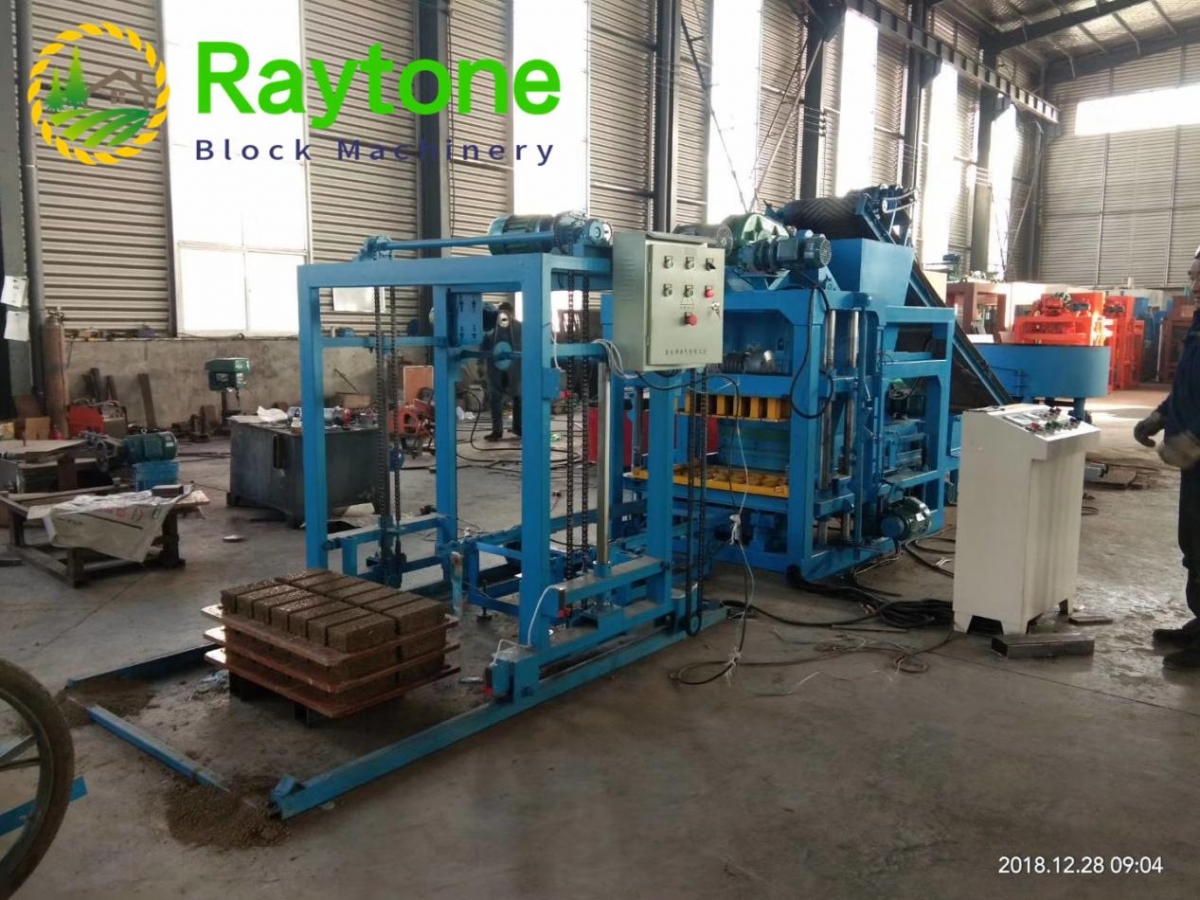
11.About 8 at a time block machine warranty
Block machine warranties vary depending on the manufacturer and model. Generally, warranties cover defects in materials and workmanship for a certain period of time, usually one year. Some warranties may also cover parts and labor for a certain period of time. It is important to read the warranty information carefully to understand what is covered and for how long.
12.Does a 8 at a time block machine require specialized training to operate?
We continuously upgrade our skills and knowledge to adapt to changing 8 at a time block machine market needs.
Yes, a block machine typically requires specialized training to operate. Depending on the type of block machine, the operator may need to be trained in the use of the machine, safety protocols, and other related topics.
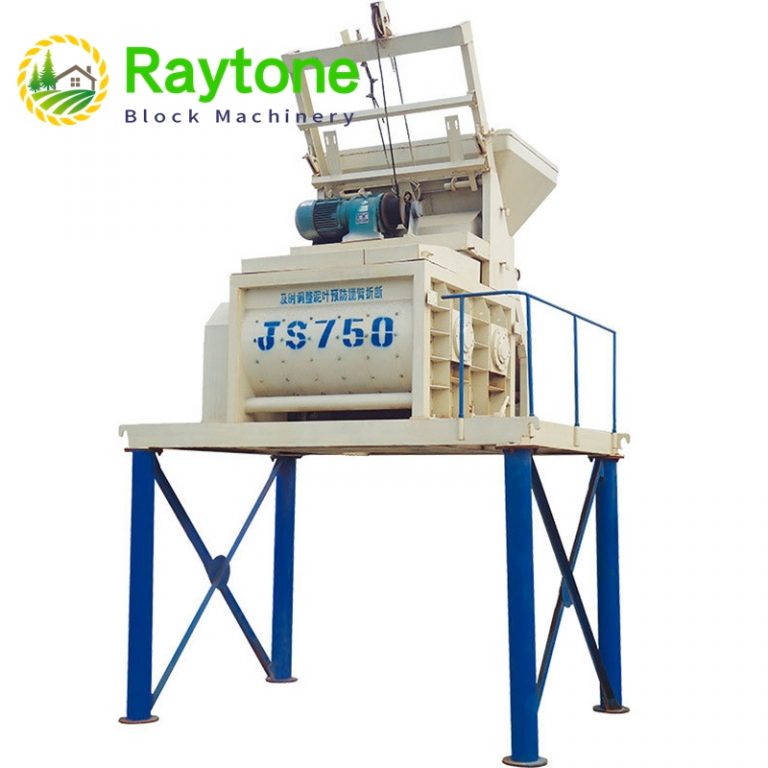
13.Is there a specific curing process for blocks produced by a 8 at a time block machine?
Yes, there is a specific curing process for blocks produced by a block machine. The curing process typically involves keeping the blocks in a moist environment for a period of time, usually between 7 and 28 days. This allows the blocks to dry slowly and evenly, which helps to ensure that they are strong and durable.
